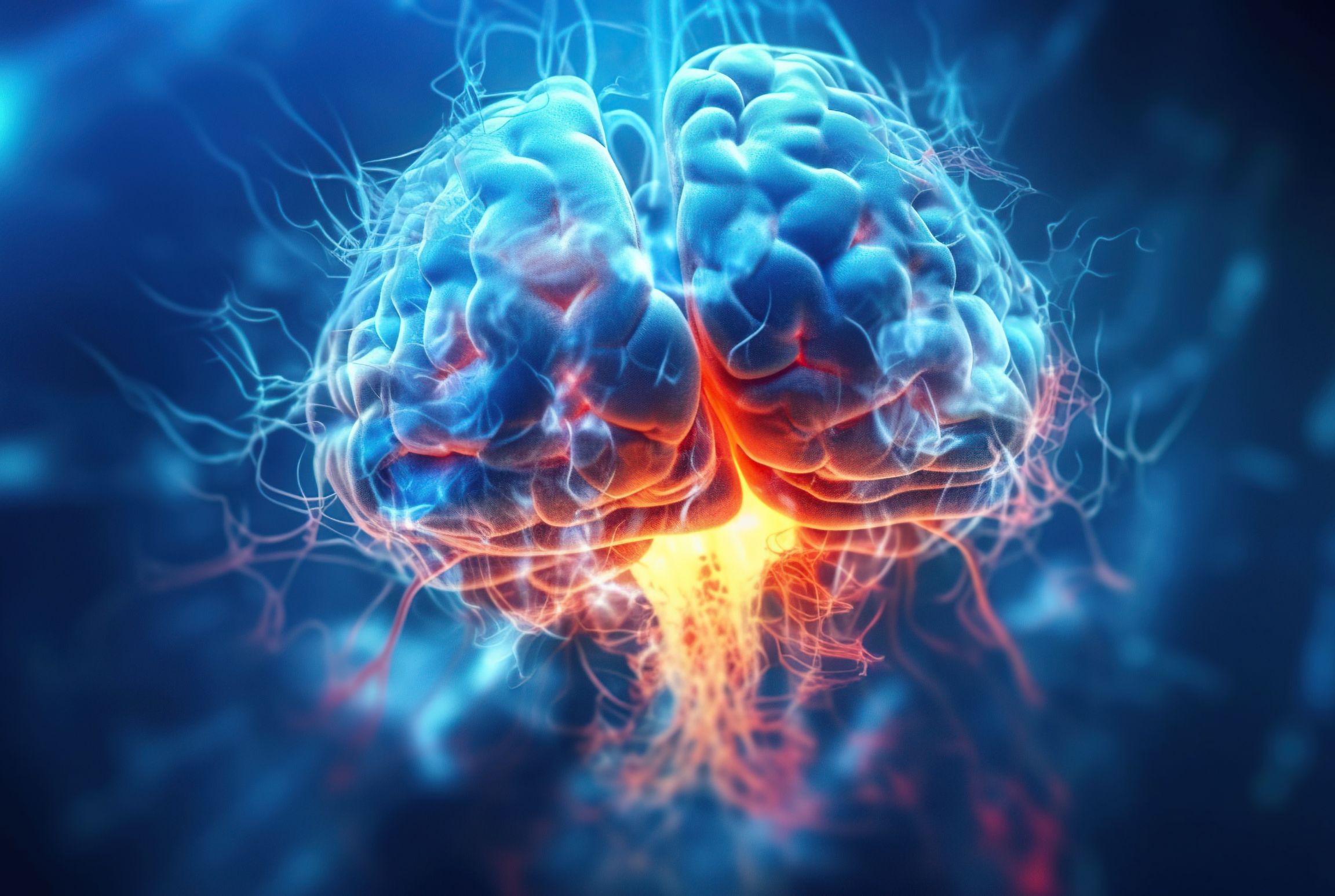Neurology
At Milmedika, we offer expert neurological consultations with specialists dedicated to diagnosing and treating disorders of the nervous system – including the brain, spinal cord, peripheral nerves, and muscles.

What does a neurological examination involve?
A neurological exam is non-invasive and painless, aimed at accurately identifying the cause of symptoms and determining the best treatment plan or need for further diagnostics. It includes:
- Medical history (anamnesis) – a discussion with the patient about symptoms and concerns
- Medical documentation review – analysis of previous test results and diagnoses
- Cognitive functions assessment – a basic check of awareness, memory, attention, and other mental functions
- Detailed neurological examination, including:
- Evaluation of cranial (brain) nerves
- Assessment of muscle function, tone, and strength
- Reflex testing, coordination, and gait analysis
- Sensory evaluation and sphincter control assessment
- Recommendations and next steps – guidance on treatment or additional diagnostic procedures
Additional diagnostics
If needed, the neurologist may suggest further tests for a more precise diagnosis, including:
- Brain blood vessels ultrasound imaging
- Magnetic resonance imaging (MRI)
- Electroencephalography (EEG) – recording brain activity
- Electromyoneurography (EMNG) – evaluating muscle and nerve function

Why is a neurological exam important?
Nervous system disorders can significantly affect daily life, making early symptom recognition key to effective treatment. A thorough and expert neurological exam allows for early diagnosis and proper care, improving nervous system function and overall health.



